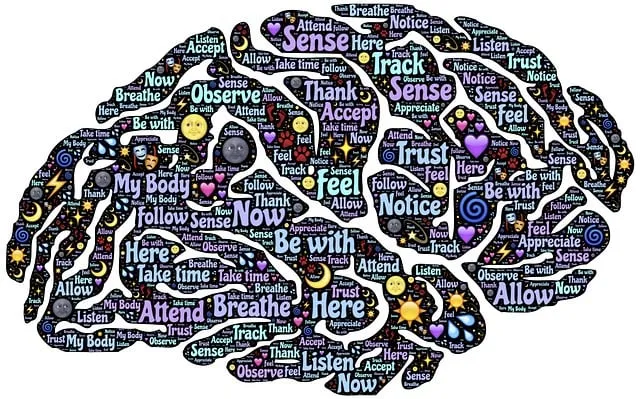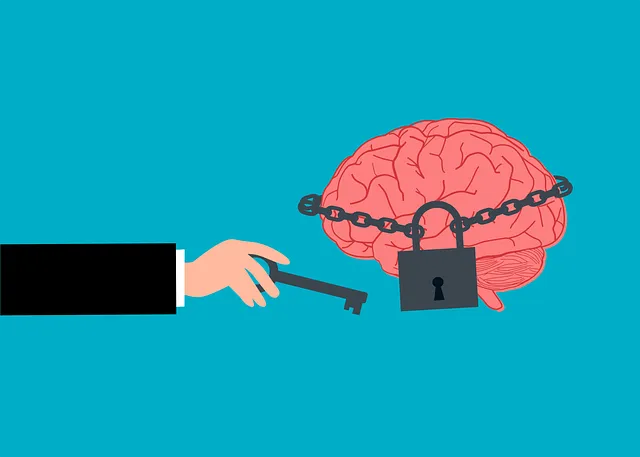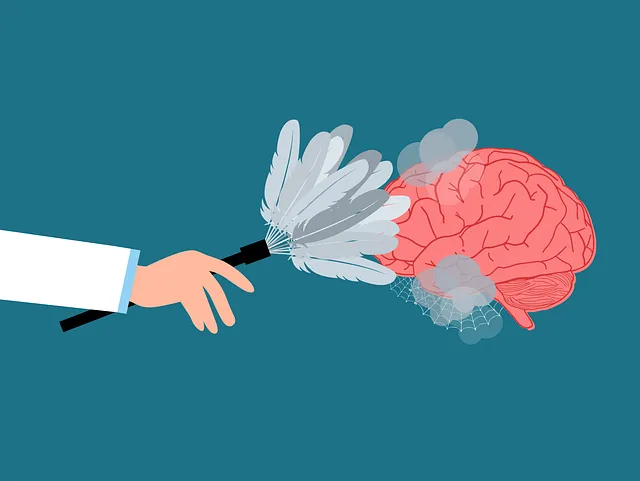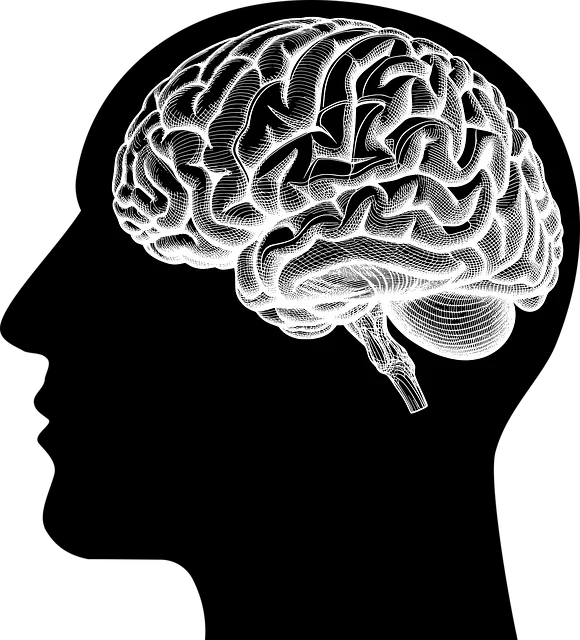The Englewood Kaiser Permanente Mental Health Access Center tackles unique challenges in diagnosing mental illness due to cultural diversity and patient presentations, emphasizing the need for a comprehensive strategy. They combine cutting-edge technology, evidence-based practices, and inner strength programs for accurate diagnoses. Through advanced data analytics, holistic evaluations, and continuous professional training, the center revolutionizes assessment methods, improves treatment outcomes, and fosters a supportive environment for both patients and staff. Their innovative approach at the Englewood Kaiser Permanente mental health access center enhances diagnosis accuracy and patient care through technology integration and comprehensive training.
The Englewood Kaiser Permanente Mental Health Access Center faces challenges in accurately diagnosing mental illness, a critical issue impacting patient care. This article explores strategies to enhance diagnosis accuracy, focusing on innovative approaches adopted at the center. We delve into integrating technology for improved assessment, emphasizing the importance of training and support for healthcare professionals. By understanding the intricacies at Englewood Kaiser Permanente Mental Health Access Center, we uncover promising methods to revolutionize mental health diagnosis.
- Understanding the Challenges at Englewood Kaiser Permanente Mental Health Access Center
- Innovative Strategies for Enhancing Diagnosis Accuracy
- Integrating Technology to Improve Assessment Process
- Training and Support for Healthcare Professionals
Understanding the Challenges at Englewood Kaiser Permanente Mental Health Access Center

The Englewood Kaiser Permanente Mental Health Access Center faces unique challenges in accurately diagnosing mental illness, reflecting broader systemic issues within the healthcare system. One significant hurdle is the diverse range of presentations among individuals seeking help, making it difficult to apply standardized assessment tools effectively. This variability stems from cultural backgrounds, life experiences, and unique expressions of psychological distress, which can lead to misdiagnoses or delayed treatment.
Furthermore, the center’s patient population often struggles with inner strength development and self-esteem improvement, impacting their ability to communicate openly during evaluations. Effective communication strategies are essential for accurate diagnoses; however, patients’ fear, shame, or past negative experiences may hinder their willingness to share detailed information about their mental health. Addressing these challenges requires a multifaceted approach that prioritizes cultural sensitivity, patient-centered care, and the integration of inner strength development programs alongside traditional assessment methods.
Innovative Strategies for Enhancing Diagnosis Accuracy

In an effort to improve mental illness diagnosis accuracy, innovative strategies are being pioneered at centers like the Englewood Kaiser Permanente mental health access center. These approaches blend cutting-edge technology with evidence-based practices to achieve a more nuanced understanding of patient experiences. One such method involves integrating advanced data analytics and artificial intelligence algorithms that analyze vast amounts of patient information, including self-reported symptoms, medical histories, and environmental factors. This comprehensive analysis aids in identifying subtle patterns and correlations, enhancing the accuracy of diagnoses, especially for complex conditions.
Additionally, the Englewood Kaiser Permanente center promotes holistic evaluation through the development of tailored self-care routines aimed at improving self-esteem and overall mental well-being. These routines are designed to empower individuals with tools for better coping strategies, risk management planning, and proactive mental health maintenance. By combining these innovative practices with ongoing professional training in risk management, the center ensures that mental health professionals are equipped to provide more precise assessments and effective treatments, ultimately benefiting patients’ long-term outcomes.
Integrating Technology to Improve Assessment Process
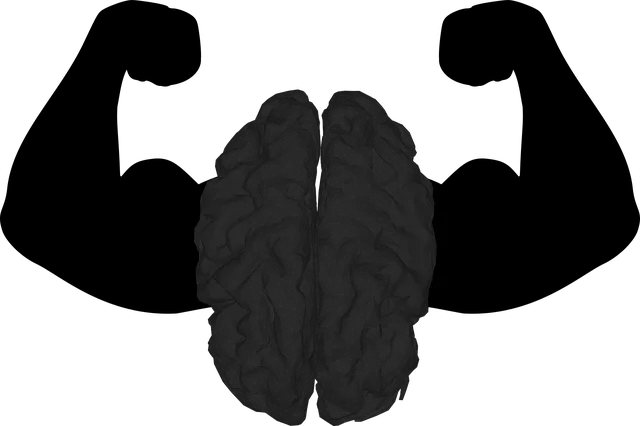
The integration of technology has emerged as a powerful tool to enhance mental health assessment processes at centers like Englewood Kaiser Permanente’s mental health access center. By leveraging digital platforms and innovative solutions, healthcare professionals can now access more comprehensive patient data and utilize advanced algorithms to streamline diagnosis procedures. This shift towards tech-driven assessments offers several advantages, including improved accuracy in identifying symptoms and personalizing treatment plans based on individual needs.
Through telemedicine services and secure digital records, Englewood Kaiser Permanente has facilitated better mental health access for its patients. Online platforms allow for initial screening and monitoring of patient progress between in-person visits. Additionally, the center’s focus on emotional healing processes can be supported by technology that enables continuous communication and personalized care plans. Public awareness campaigns development and empathy building strategies can also benefit from these technological advancements, reaching a wider audience and fostering a more understanding society.
Training and Support for Healthcare Professionals

Englewood Kaiser Permanente mental health access center is a prime example of an initiative focused on enhancing diagnosis accuracy and patient care. Through comprehensive training programs, healthcare professionals gain specialized knowledge in recognizing subtle symptoms and understanding complex mental health conditions. This includes workshops on evidence-based practices, advanced diagnostic techniques, and continuous learning opportunities tailored to the unique challenges of mental illness assessment.
In addition, the center fosters a culture of support among staff through peer mentorship programs and regular clinical supervision sessions. Such initiatives not only improve diagnosis accuracy but also encourage professionals to prioritize self-care practices and stress management, which are essential for maintaining optimal performance and preventing burnout. This holistic approach, combined with a focus on depression prevention strategies, ensures that patients receive the most effective treatment and support available.
The Englewood Kaiser Permanente Mental Health Access Center’s challenges highlight the broader issues in mental illness diagnosis. However, through innovative strategies, integrating technology, and robust training for healthcare professionals, significant strides can be made towards enhancing accuracy. These efforts not only improve patient care but also ensure that individuals receive appropriate support tailored to their unique needs, fostering better outcomes at the Englewood Kaiser Permanente mental health access center and beyond.
